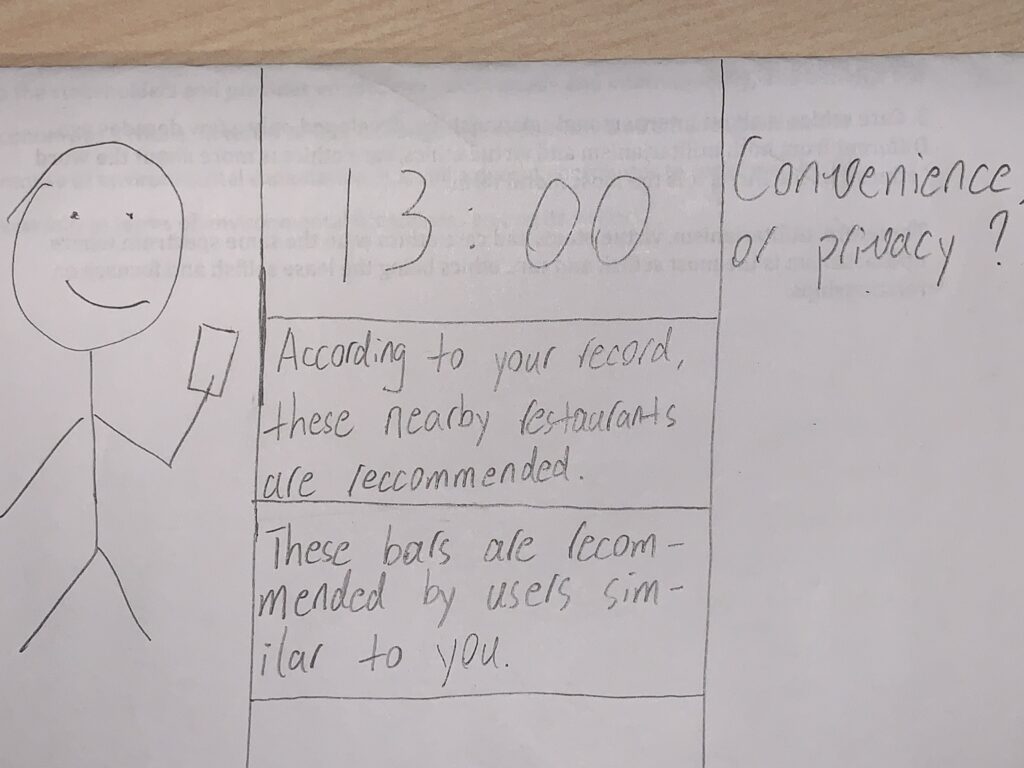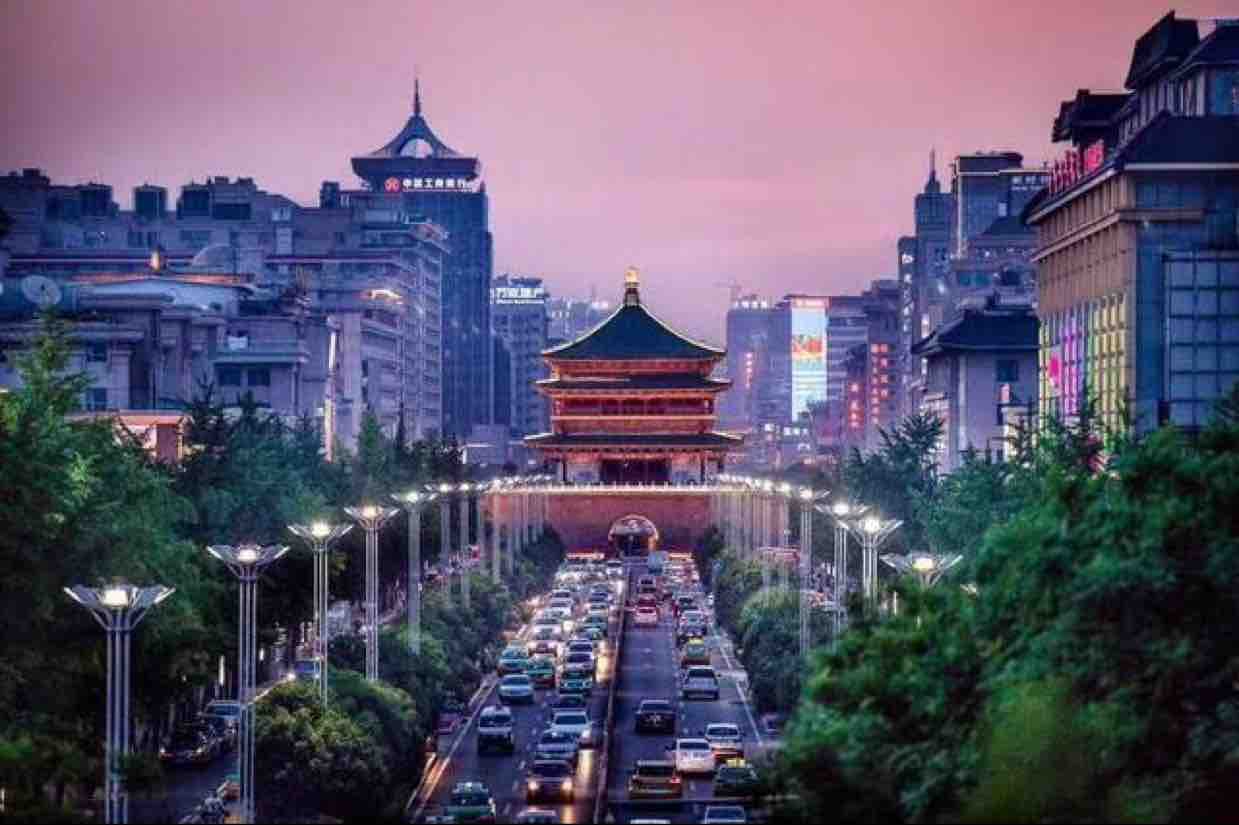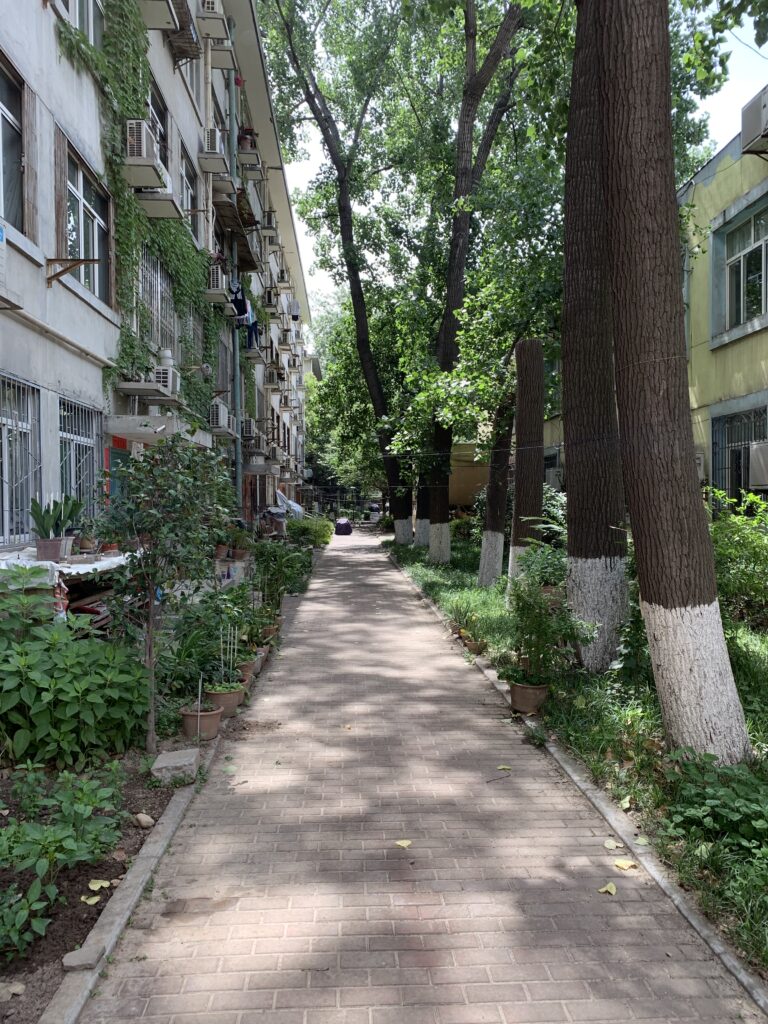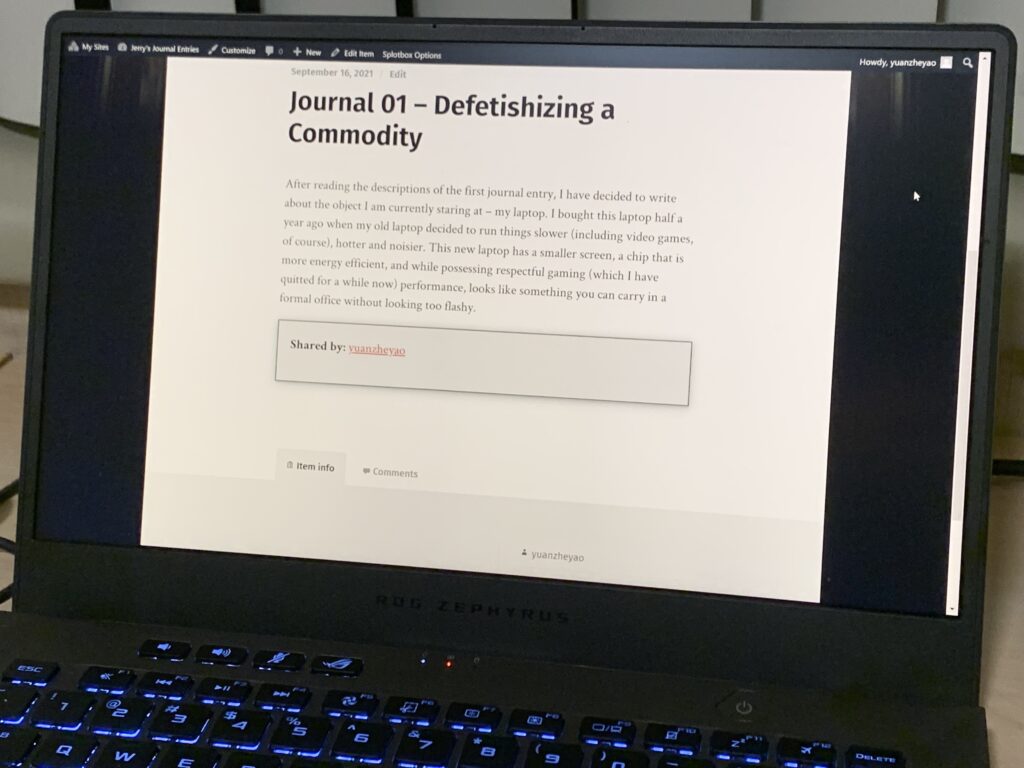A neoliberal tourism world would be very extreme and fascinating to imagine. Every enterprise, every destination and every piece of land is marketized and privatized. Companies operate solely by the market rules, and the government will have no control over anything. Destinations will be possessed by private entities. For example, all parks in BC will be held by different (or one monopoly) enterprises; the environment of the parks will no longer be a priority, and every decision made will be profit-oriented. Hotels and restaurants are all (or owned by) huge international corporations like Marriott and McDonald’s.
As for employees, they will have minimal rights. The huge corporations will try their best to supress any form of unions and organizations. Employees will have minimal control over their employment and in difficult times, they could be (and would be) treated as “disposable asset”, similar to the Hotel Bauen example.
For consumers, this neoliberal tourism industry might be beneficial for them. Without government intervention (like price control), corporations can compete however they want, and pricing can be somewhat lower than the current tourism pricing. Also, consumers will realize that every company they choose, from airlines to booking websites to tour operators, restaurants and hotels are (or owned by) huge international corporations.
For large businesses owners, this world is very sweet for them. The government cannot influence anything they do, and they can do everything that will make them more money. They do not have to worry about violating monopoly laws, environmental laws or health codes. Trading is easier, and money can be transferred faster due to minimal anti-money-laundering laws. However, smaller businesses might suffer. Some of them will go bankrupt from being “bullied” by international corporations and the rest will be bought out by the big corporations.
Compared to today, despite this fantasy world is very extreme, it is somewhat similar to the tautism world we currently live in. The issue mentioned above like isolating and buying out small businesses and oppressing labour unions is very common. After all, our world is just a less-extreme neoliberal world.






